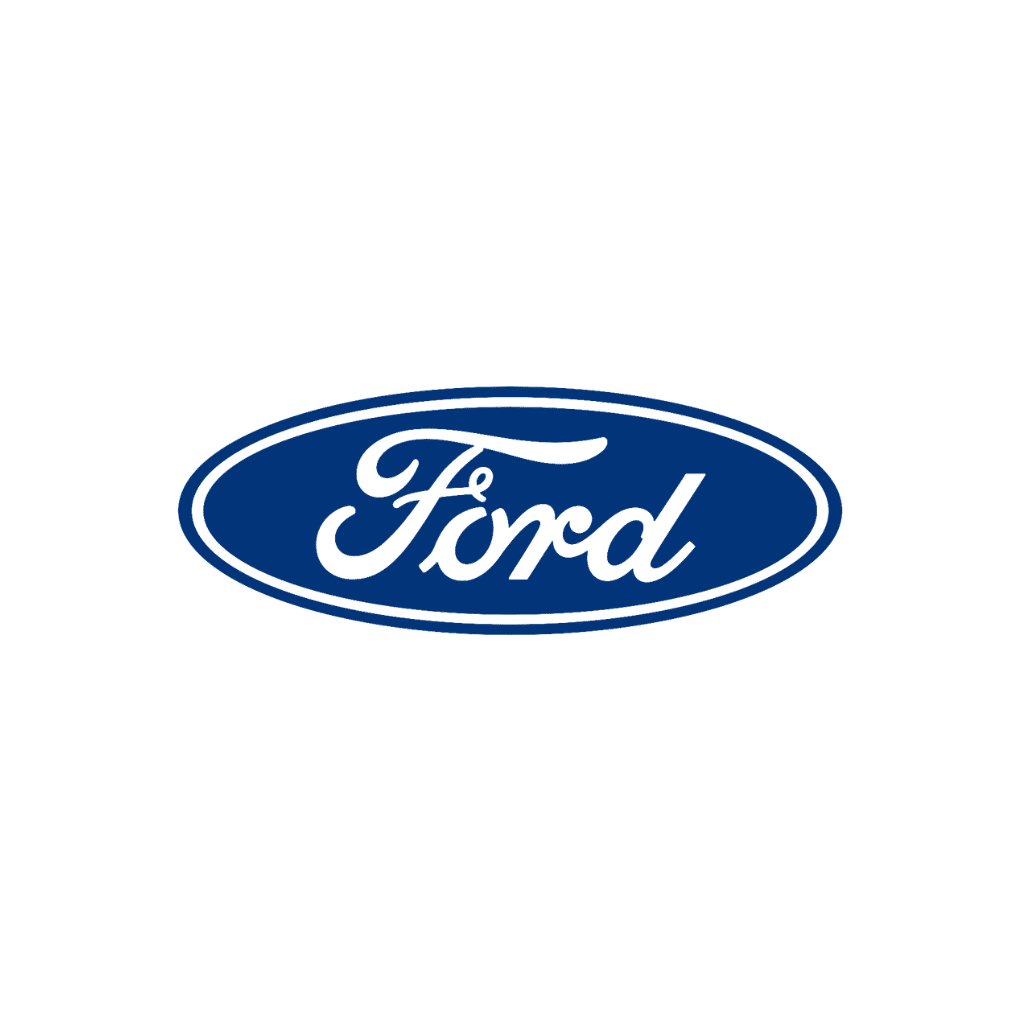Commercial Roofing System Types, #1 in Metro Detroit
Key Commercial Roofing System Types - EPDM (Rubber), PVC, TPO, bUR
EPDM Roofing in Metro Detroit
EPDM roofing, also known as rubber roofing, is one of the most common single-ply roofing systems. EPDM, short for ethylene propylene diene terpolymer, is a synthetic rubber roofing membrane widely used in low-slope buildings in the Detroit Metro, Michigan, and the Midwest as a whole. EPDM is widely available and known for its inherent black color but also exists in more expensive white variants that include greater reflectivity and energy-efficient properties. Thicknesses for the membrane typically range between, 45 and 60 mils. EPDM can be installed either fully adhered, mechanically fastened, or ballasted, with the seams of the roofing system sealed with liquid adhesives or specially formulated seam tapes. EPDM is widely regarded as a gold standard for commercial roofing materials due to it’s
- Relatively long history of application and durability
- Proven hail resistance
- High weather resistance
- Flexibility in low temperature
- Thermal shock durability
TPO/PVC Roofing in Metro Detroit
While Thermoplastic polyolefin (TPO) and polyvinyl chloride (PVC) are two extremely common types of single-ply membranes utilized in low-slope and flat roofing systems in the Metro Detroit area as well as throughout the United States.
Although TPO was originally designed to be a superior alternative to PVC, it’s difficult to definitively say which is the optimal roofing solution. Both membrane materials offer—among other advantageous material characteristics
- Resistance to chemicals, grease, oils,
- Puncture resistance
- Reflectivity and energy efficiency
- Flexibility and thermal shock resistance
TPO is cheaper than PVC per square. However, the amount of labor during installation is about equal for both materials, if not slightly more intensive for TPO due to it’s comparably inelastic nature. PVC also offers superior chemical resistance while TPO offers superior UV protection and degradation resistance due to it’s lack of plasticizers.
BUR Roofing in Metro Detroit
As a roof system, built-up roofing (BUR) is a form of asphalt roofing that has been around for over 100 years. For this reason, it is highly proven and widely regarded in the industry. It is one of the most common materials used on low-slope or flat roofs. The key to BUR’s strength and durability lies in the fact that it is actually a system of many redundant layers of material, merged together into one system that applies to the entire surface. Additionally, when compared to other systems, BUR has:
- No fasteners, which create additional failure points and risk of water entry
- Lower thermal elasticity and less expansion and contraction, which leads to buckling, ridges, and splits.
While the best BUR systems can vastly outlast even the modern single-ply TPO and PVC materials, it is more expensive as well as more labor and skill intensive than the other roof systems previously discussed like TPO, PVC, and EPDM.

Modified Bitumen Roofing

Built Up Roofing

Single Ply Membranes



